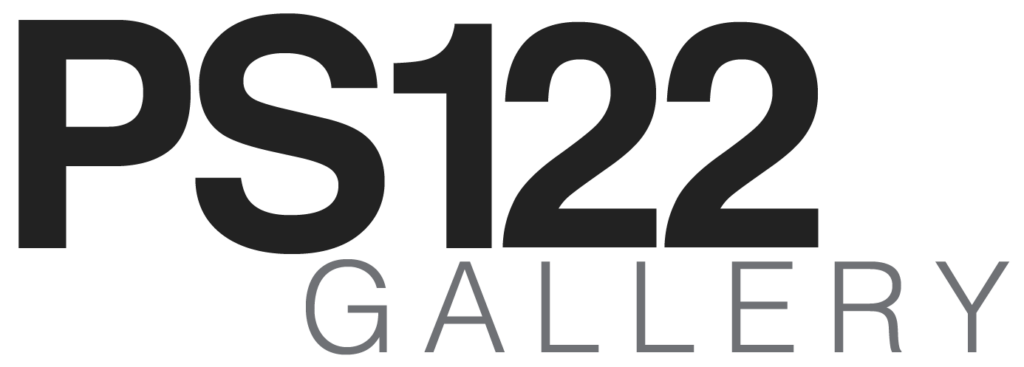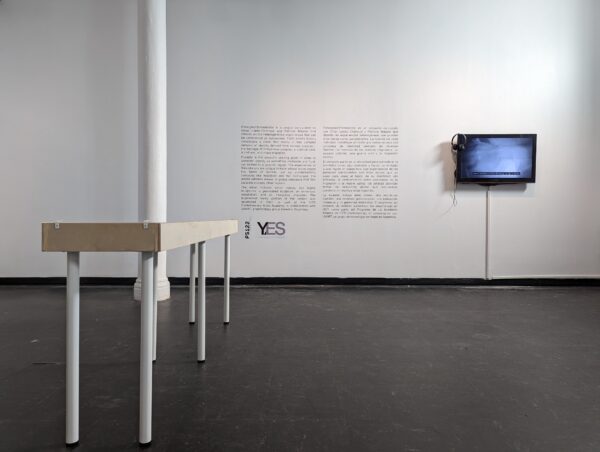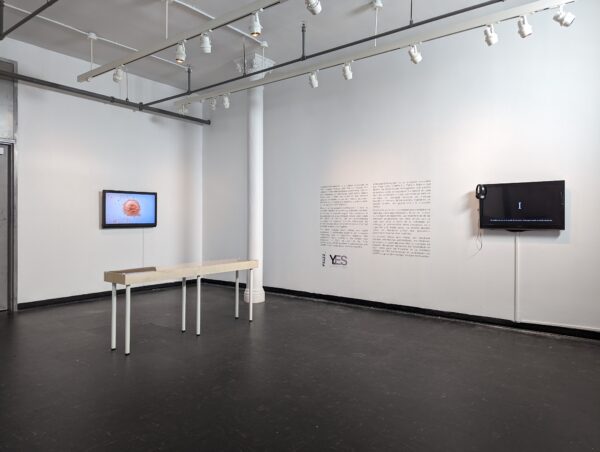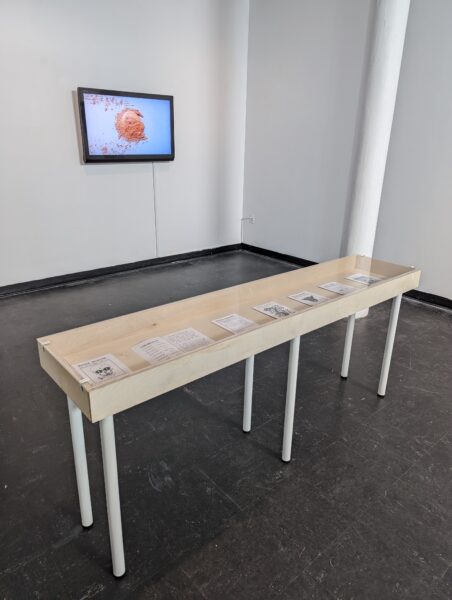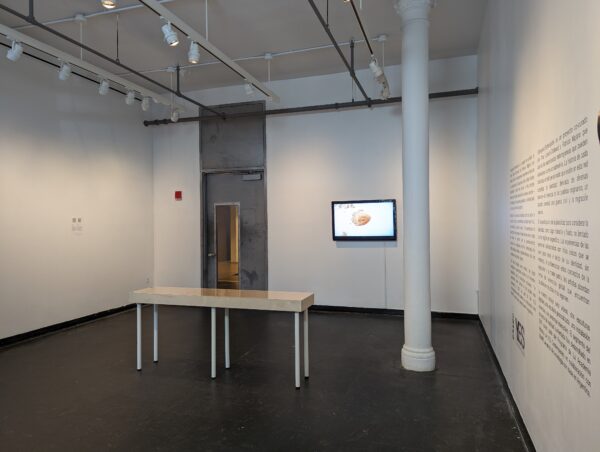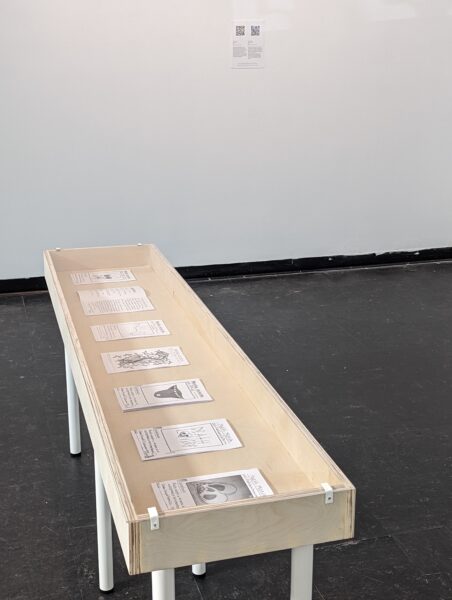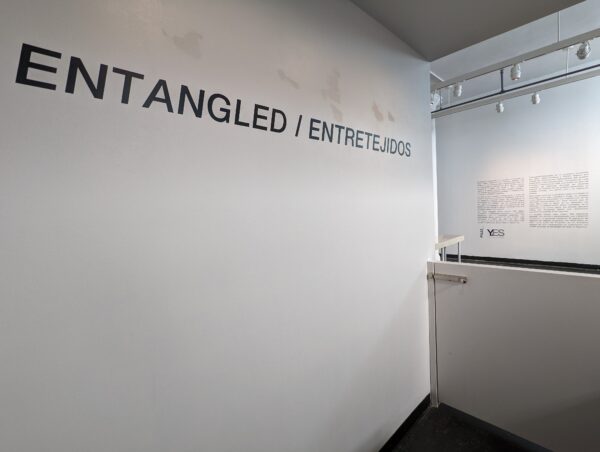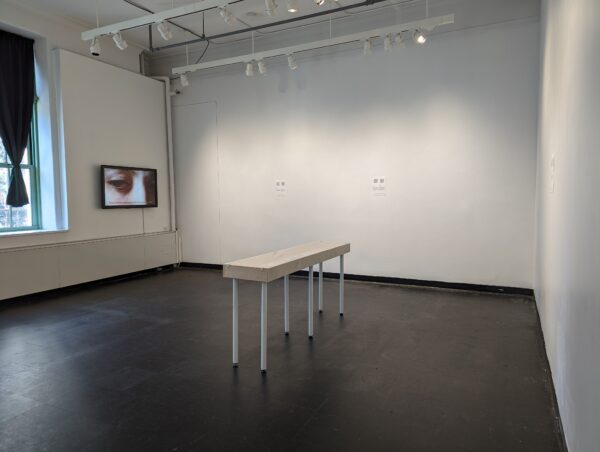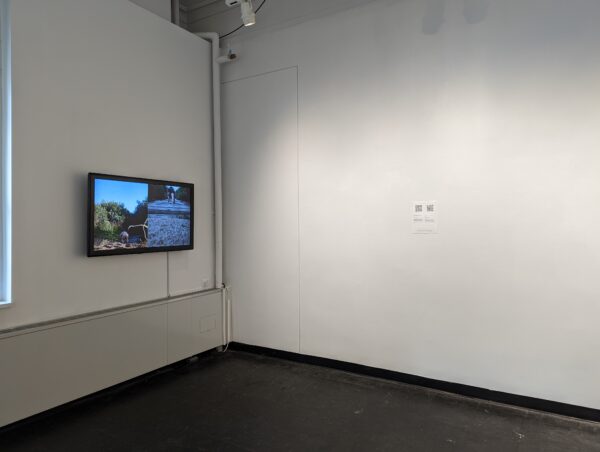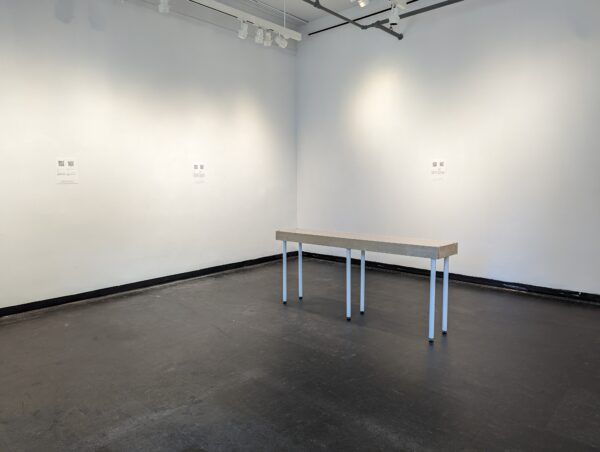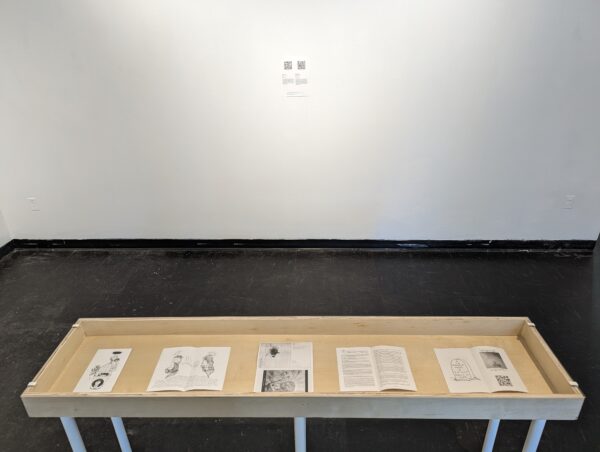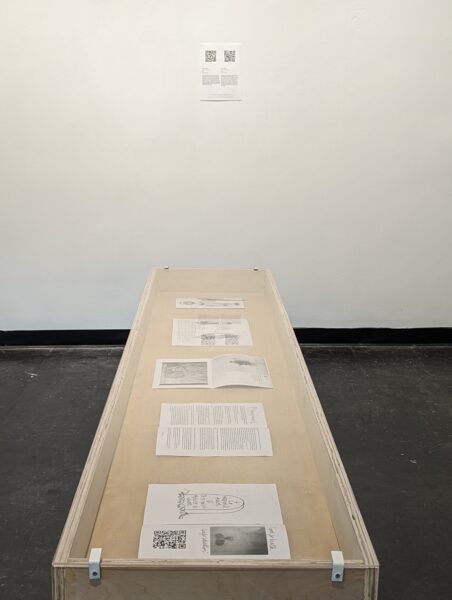Entangled/EntretejidosCurated by Omar LOpez-Chahoud + Patricio Majano |
SEPTEMBER 24 – OCTOBER 30, 2022 |
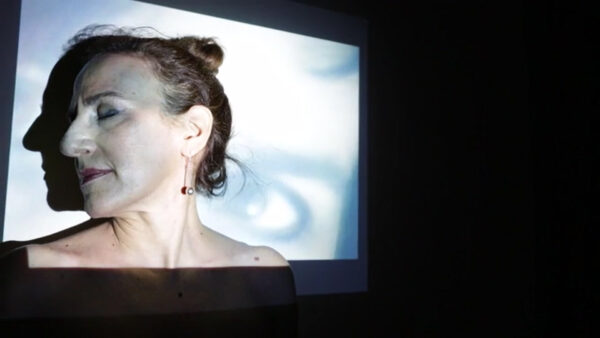
FOR IMMEDIATE RELEASE—In partnership with Y.ES CONTEMPORARY, PS122 Gallery is pleased to present Entangled/Entretejidos, an exhibition that addressES the different ways through which artists connect to their identity as Salvadorans. The exhibition is on view from September 24 – October 30, 2022.
Entangled/Entretejidos is a project co-curated by Omar López-Chahoud and Patricio Majano that reflects on the heterogeneous experiences that can be understood as Salvadoran. Each artist’s history constitutes a node that exists in this complex network of identity derived from various sources—the heritage of indigenous peoples, a colonial past, a civil war, and mass migration.
Plurality is the project’s starting point in order to consider identity as something malleable and fluid, not limited to a specific region. The experiences of Salvadorans are unique threads whose union create the fabric of identity, yet by problematizing concepts like migration and the motherland, the artists address issues of global relevance that find parallels in many other regions.
The show includes seven videos, two digital sculptures, a geolocated sculpture, an immersive installation, and an interactive character. The augmented reality portion of the project was developed in 2021 as part of the Y.ES Contemporary Artist Academy in collaboration with UXART, a technology group based in Argentina.
Muriel Hasbun’s work is a fitting introduction to the discussion of identities. Her piece Scheherazade or (Per)forming the Archive is an autobiographical meditation that, through the artist’s family archive, addresses and resists transgenerational trauma, silence, and oblivion. Her family is of Salvadoran/Palestinian Christian and Polish/French Jewish descent; therefore, her story allows us to recognize the complexity and nuances to consider when talking about Salvadoran identity.
The works of Melissa Guevara and Víctor Artiga have in common the reflection they generate about their beings and their identities using materials considered traditional of El Salvador, which are usually considered exotic. Guevara utilizes soil and Artiga corn dough. Through their bodies, they interact with these materials, and by extension with their stories. In this way, they link the past of the region with their present and their own experiences. In Lucy Tomasino’s work, Piel y Cicatricez, the artist reflects on the marks, both on the earth and on the skin of people, creating links between personal stories and the history of a nation. The tension between the bodies alludes conflict, and water as a purifying element establishes a relationship with healing: we recognize in the scars marks of the past.
Gabriela Novoa’s work addresses gender and sexuality from the Salvadoran context, where many people, especially women, commonly suffer from gender violence. Novoa presents a hybrid documentary whose script was generated from testimonies of six women who talk about experiences of abuse, repression, guilt, and shame. Novoa presents a look at the experience of these women, while generating dialogues about female pleasure and sexuality, topics that are generally taboo in conservative societies such as in El Salvador. Like Novoa, artist Kevin Baltazar addresses situations of social injustice to talk about identity. Baltazar presents a video performance in which, making use of his head covered with a rag moistened in chlorine, he performs the vain action of trying to clean the debris of an abandoned building. This gesture of trying to clean up something abandoned alludes discrimination due to socioeconomic status of people, who are regarded as unwanted. Novoa and Baltazar take political stances to protest about harmful aspects of the Salvadoran reality that permeate the identity.
The exhibition concludes with the work of Natalia Domínguez. While in the previous works different perspectives on Salvadoran identity are enunciated, in Natalia’s piece predominates the non-definition of an identity: an individual is presented giving their back to the viewer, thus hiding their identity, in a way that could be anyone, anywhere. The piece focuses on this unstable path backwards, on the action of returning, a return to and from nowhere.
In this way, the exhibition brings together voices and experiences from different artists, establishing relevant points to shape the fabric of Salvadoran identity. In a context dominated by the global north, it is important to generate discussions about identity from our own voices, create our own narratives and define ourselves from our plural experiences, to escape the exoticization, appropriation, and imposition of identities.
Participating Artists: Víctor Artiga, Kevin Baltazar, Beatriz Cortez, Natalia Domínguez, Ricardo Flores, Melissa Guevara, Muriel Hasbun, Gabriela Novoa, Antonio Romero, Lucy Tomasino, and Orlando Villatoro, as well as collaborative work by Natalia Domínguez and Lucy Tomasino.
Entangled/Entretejidos
Curated by Omar Lopez-Chahoud + Patricio Majano
September 24 – October 30, 2022
PS122 Gallery
150 First Avenue
New York, NY 10009
Free and Open to the Public, Saturday + Sunday, 1–6pm
Masking and Vaccination Proof Required for Entry
For more information about associated programs, visit: www.yescontemporary.org
#entangled #entretejidos #yescontemporary #contemporaryartelsalvador #elsalvador #archive #paintingspace #ps122gallery
To view the digital works in the exhibition, scan the QR code for your OS below:
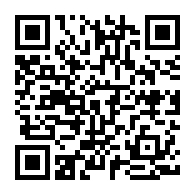
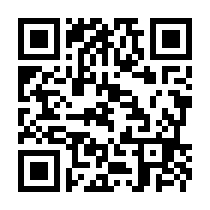
Omar Lopez-Chahoud is a Cuban-American independent curator based between Miami and New York. Since the end of March 2021, he is the new International Director of Y.ES Contemporary. In addition, he is the Artistic Director of the UNTITLED art fair in Miami, a role he founded with the first edition in 2012.
Patricio Majano is a curator, artist and teacher based in El Salvador. He is the Programming Director at Y.ES Contemporary since 2020. Additionally, he has been a professor at the School of Arts of the University of El Salvador since 2018. He has developed educational and curatorial projects in collaboration with the Art Museum of El Salvador, the Forma Museum in San Salvador, the La Única Gallery, among others. His work focuses on the environment and context of El Salvador.
Y.ES Contemporary creates opportunities for outstanding Salvadoran contemporary artists to advance their artistic practice and engage with artists, curators, collectors, gallerists, and the media within and outside El Salvador. Y.ES Contemporary fulfills its mission by supporting the professional development of artists from El Salvador through grants, exhibitions, residencies, trips, talks, and more, and is an initiative of the Robert S. Wennett and Mario Cader-Frech Foundation.
The Robert S. Wennett and Mario Cader-Frech Foundation was founded by Mario Cader-Frech, a philanthropist and cultural manager from El Salvador, along with entrepreneur and collector Robert S. Wennett. Cader-Frech is a Harvard Divinity School Fellow and a member of numerous boards, such as the Museum of Modern Art of New York and Museo Reina Sofia. Cader-Frech is an avid collector of contemporary art, a founding member of the Art Basel Miami Beach Organizing Committee, and has donated to institutions such as the Tate Modern, Museo Reina Sofia, Hirshhorn Museum, ICA Miami, and Perez Art Museum Miami.
